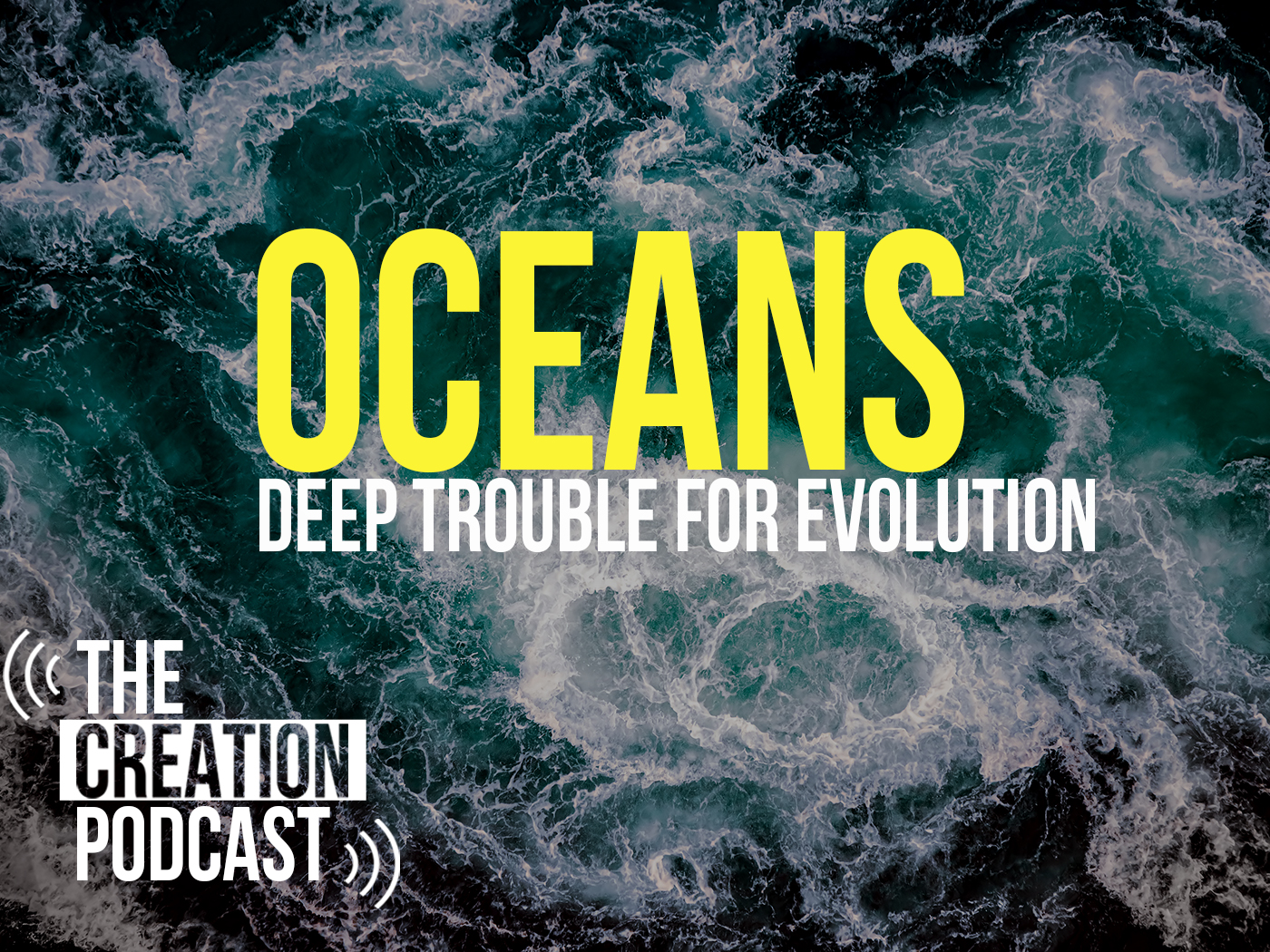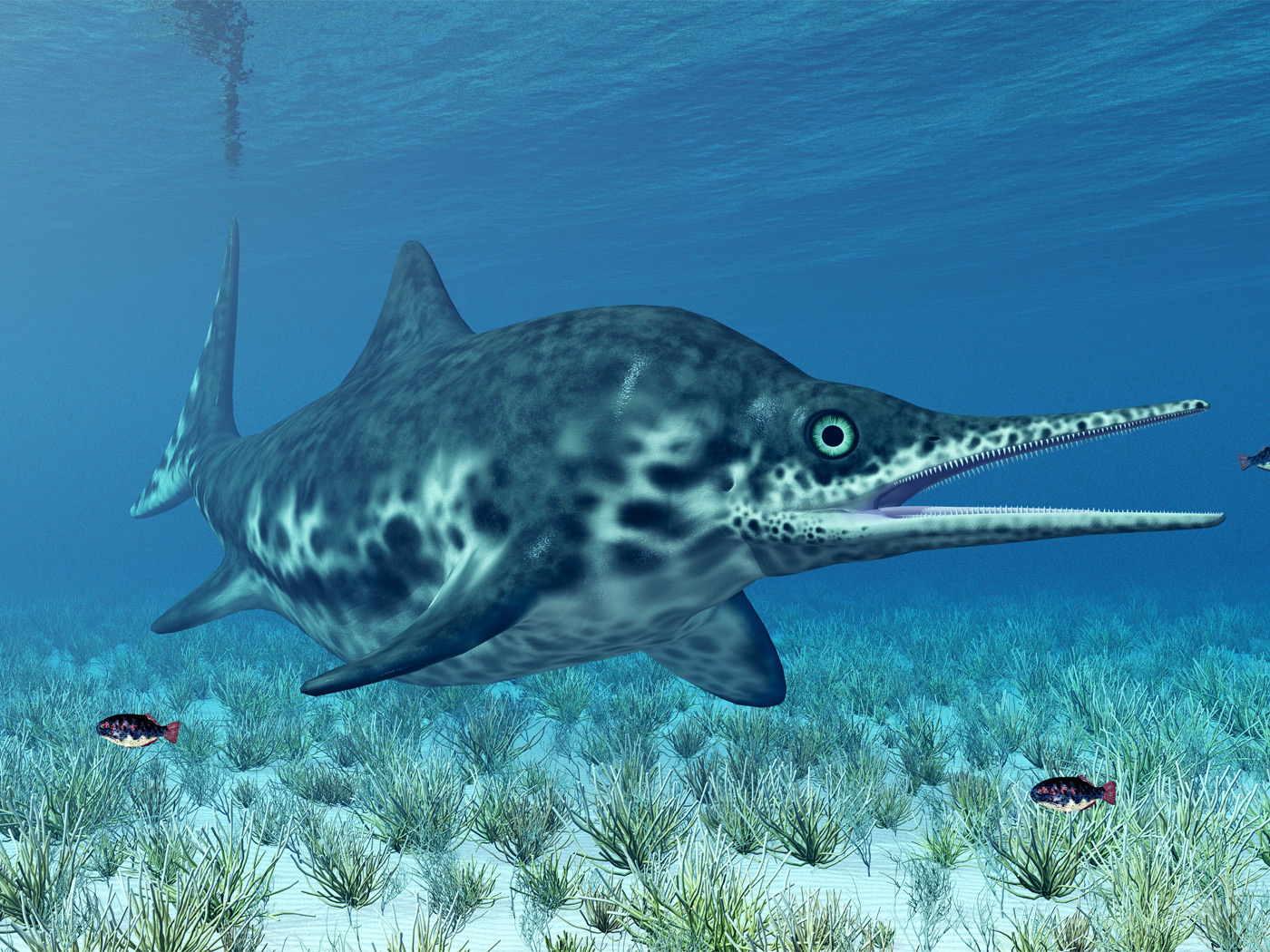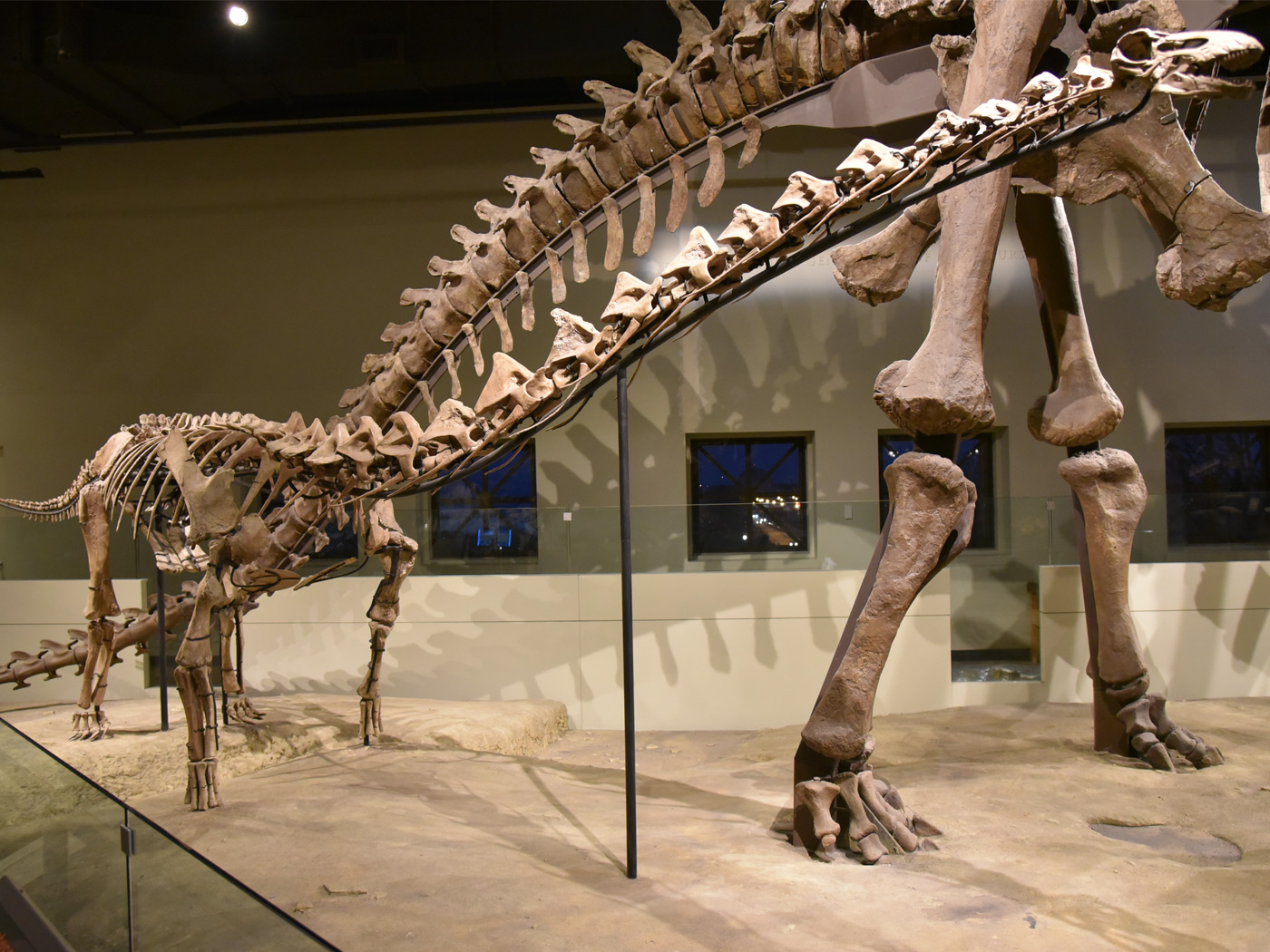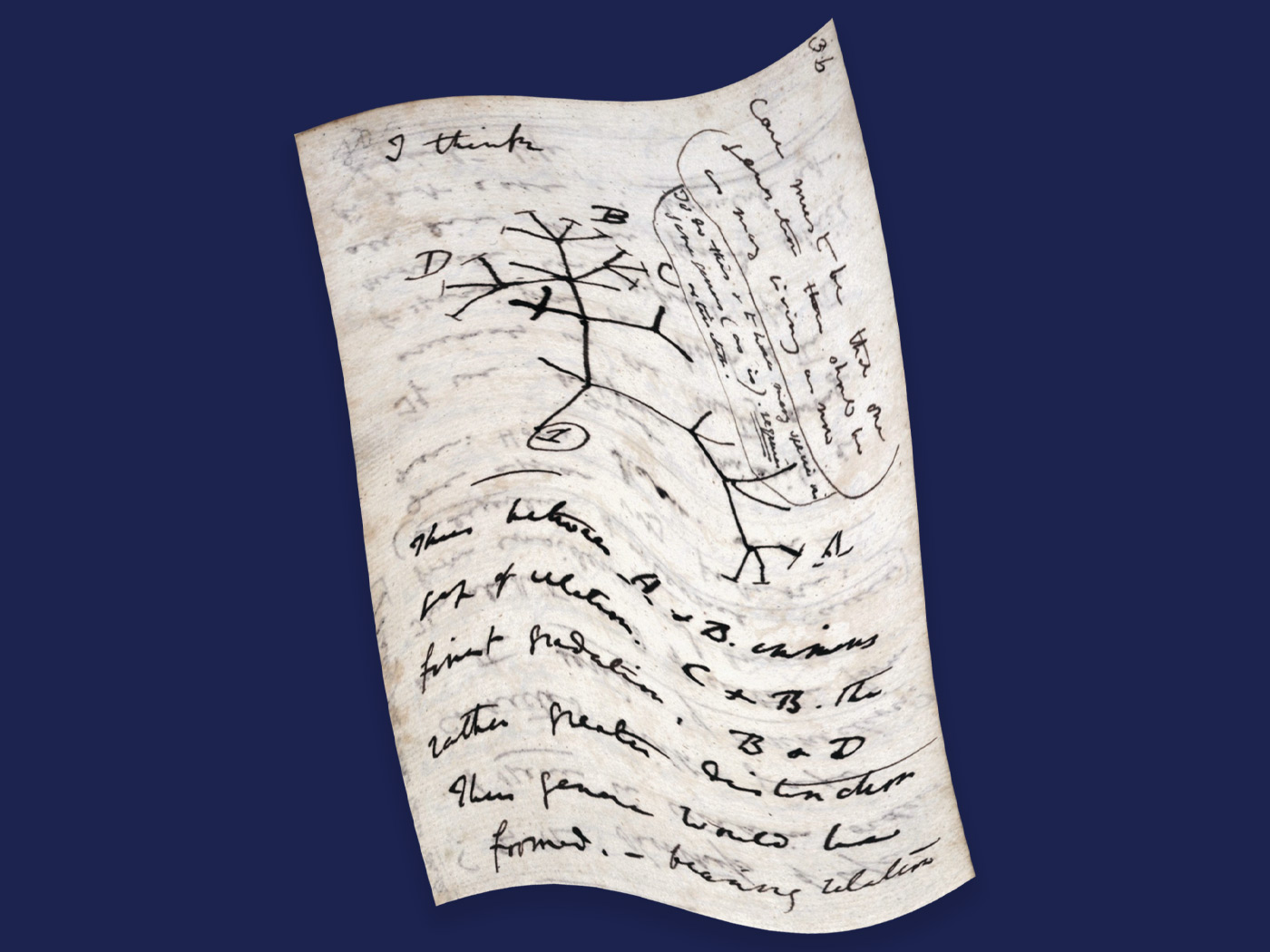The late Dr. A.I. Oparin, Russian biochemist, is primarily responsible for the modern theories on the origin of life. He believed that inorganic substances could come together and spontaneously generate living matter. Dr. Oparin's atheistic philosophy did not permit him to entertain the possibility of a Creator. He did, however, concede that the complexity of proteins makes their spontaneous formation highly improbable. Below is an evaluation by Dr. Oparin of the complexity of protein structure.
"To the student of protein structure the spontaneous formation of such an atomic arrangement in the protein molecule would seem as improbable as would the accidental origin of the text of Virgil's "Aeneid" from scattered letter type.''[1]
In spite of the above statement, Dr. Oparin strongly maintained that living matter came into existence by spontaneous generation. No experimental evidence has yet been obtained which supports spontaneous generation; only living things can bring forth life. Scientists have used enzymes and portions of DNA in a futile effort to proclaim the creation of life, but organic substances that have been made experimentally lack many of the qualities of life.
In order for any protein to be made, its amino acid sequence must be coded into the DNA template. If the code were totally dependent upon chemical and physical laws, as the mechanistic theory of evolution demands, then the amino acid sequence for proteins would have to be a random distribution. It is an erroneous assumption to think that matter can go from a state of inorganic, disorderly arrangement to a state of organic, orderly arrangement to make up the DNA code. Scientists are inescapably faced with the intractable problem of trying to code for sense instead of nonsense by a purely random process.
The English version of the "Aeneid" of the Roman poet Virgil consists of approximately 83,000 words. If we assume the average word to be five letters long, the entire text of the famous "Aeneid" would contain 415,000 letters. In comparison to this, there are an estimated 3,000 different kinds of protein in the simple one-celled bacterium, Escherichia coli. [2]
If we assume that each protein has an average of 100 amino acids, and that the amino acids will average at least 15 atoms, the total number of atoms would be as follows:
This is a very low estimate; hemoglobin alone is known to have 9,512 atoms. [3] The following calculations will illustrate the improbability of the accidental origin of Virgil's "Aeneid."
Nathan Keyfitz [4] has estimated that the total number of humans who have ever lived on earth is 7.8 x 1010 ~ ~ 1011 Most other estimates are considerably lower. As absurd as it may seem, assume that all of the people who have ever lived on earth are still living, and all of them are printers, and that each has a box containing all 26 letters of the English alphabet. Each of the printers shakes the box of letters and spills one letter, then returns the letter to the box. Also assume that any one of the letters has an equal opportunity of being spilled. Further assume that this routine of spilling a letter and returning it to the box continues night and day for 30 billion years, and that each person spills the letters at the supernatural rate of 1 trillion (1012) letters per second, (30 billion years or approximately 1018 seconds is at least six times the standard evolutionary estimate for the age of the earth). The calculations for the total number of letters spilled during this period of time would be as follows:
How much of the "Aeneid" do you suppose could have been composed from the 1041 spilled letters? You will recall that each of the printers had a box of 26 letters of the alphabet, and that any one of the 26 letters of the alphabet could be spilled each time the box was shaken. This makes 26 possibilities for the first letter that spills. There would be 26 x 26 = 262 possible combinations for the first two letters spilled, and so on for each additional letter. Since 26 = 101.415, then the first 29 letters of "Aeneid" would have
From these calculations we conclude that the 1041 spilled letters would be almost enough to try all the possible combinations for the first 29 letters of the poem. In other words, the world's population working continuously night and day for 30 billion years, spilling 1 trillion letters per second would not have spilled quite enough letters to make all the possible combinations for the first line of the poem. There are 30 letters plus punctuation in the first line. To further illustrate the absurdity of thinking "Aeneid" could be arranged by random processes, the first three lines of the poem contain 93 letters. [5] This means there are 2693 possibilities for the letters in the first three lines. Note the following:
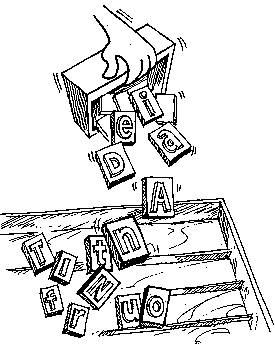 This means there are 10132 different ways these three lines could be formed in the manner previously described. It should be pointed out that 10132 is far greater than the total number of atomic particles in the entire universe. Another way of looking at the problem is to say that if all of the atomic particles in the universe consisted of letters spilled in the manner previously described, there would not be enough letters to make all the possible combinations for the first three lines of "Aeneid."
This means there are 10132 different ways these three lines could be formed in the manner previously described. It should be pointed out that 10132 is far greater than the total number of atomic particles in the entire universe. Another way of looking at the problem is to say that if all of the atomic particles in the universe consisted of letters spilled in the manner previously described, there would not be enough letters to make all the possible combinations for the first three lines of "Aeneid."
One can see at a glance that it is preposterous to think that the "Aeneid" could be arranged by purely random processes. However, it would be far more difficult to arrange by random processes the 4,500,000 atoms comprising the simplest possible protein of the one-celled bacterium, Escherichia coli, than it would be to arrange the 415,000 letters of "Aeneid." The point is, by the time one could make all the possible combinations of the letters for the first three lines of the poem, he would have run completely out of all time, space, and matter! The probability of getting "Aeneid" by random processes fades into absurdity even on the first line, but the probability of obtaining proteins by random processes fades into absurdity infinitely compounded!
In summary: (1) If all the people who have ever lived on earth worked night and day for 30 billion years, spilling letters at the supernatural rate of 1 trillion letters per second, they would not have spilled enough letters to make all the possible combinations of letters for the first line of Virgil's "Aeneid." (2) The number of letters in "Aeneid," and the number of atoms in the amino acids which compose proteins, make it preposterous to think that these could have been arranged by random processes. (3) The lines of "Aeneid" show careful planning and thought, and so it is with living organisms. They show far more intelligent planning, design and order. Design, order, and planning are contrary to all that is known about random processes. One can only conclude that spontaneous generation (or "abiogenesis") is totally untenable as a theory for living things.
[1] Oparin, All. The Origin of Life. New York: Dover Publications 1965 p. 133.
[2] Lehninger, Albert L. Biochemistry. New York: Worth Publications, ;975, p. 6.
[3] Moore, John A., et. al. Biological Science, An Inquiry Into Life. New York: Harcourt, Brace and World, Inc., 1963, p. 106.
[4] Reported in: Hardin, Garrett and Carl Bajema. Biology, Its Principles and Implications. San Francisco: W.H. Freeman & Co., 1978, p. 111.
[5] Hutchines, R.M. "Aeneid." The Poems of Virgil. William Benton Publishers, 1952, p. 103.
* Jean Morton is a biochemist, as well as science writer and teacher. She received her Ph.D. from George Washington University in 1969, and is a member of ICR's Technical Advisory Board.







